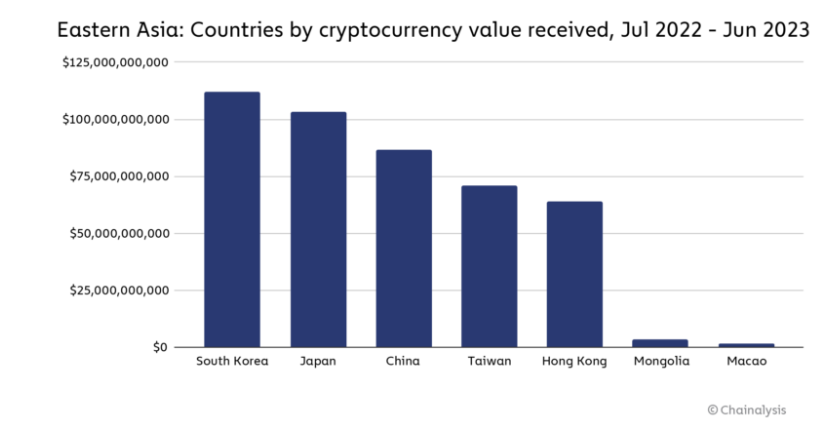Table of Contents
China's Bitcoin ban isn't preventing market participants from flooding their funds into crypto.
Crypto trading and mining have been banned in China since 2021 but as the country experiences a downturn in its stock market, investors have been rotating into digital assets.
According to Reuters, traders are using bank cards issued by small rural commercial banks to buy crypto through grey-market dealers, believing crypto is "safer than investing in crumbling stock and property markets at home."
Investors use OTC, online crypto exchanges and overseas bank accounts to buy crypto. The likes of OKX and Binance offer trading services for Chinese investors and even provide guides for converting yuan from Ant Group's Alipay and Tencent's WeChat Pay into stablecoins.
Hong Kong to the Rescue
Hong Kong's warmer embrace of digital assets also offers mainland investors convenient access to the market. HashKey Group and OSL both hold retail crypto licenses from Hong Kong's Securities and Futures Commission (SFC).
Charlie Wong, a 35-year-old buy-side equity analyst who bought Bitcoin via Hashkey, said it is "hard to find opportunities in traditional fields. Chinese stocks and other assets perform poorly ... the economy is undergoing a crucial transition."
Chinese citizens are reportedly using their $50,000 annual forex purchase quotas to move money into Hong Kong cryptocurrency accounts.
China's economic downturn "has made investment on the mainland risky, uncertain and disappointing, so people are looking to allocate assets offshore", said a senior executive of a Hong Kong-based cryptocurrency exchange. "Almost everyday, we see mainland investors coming into this market."

"If you are a Chinese brokerage, facing a sluggish stock market, weak demand for IPOs, and shrinkage in other businesses, you need a growth story to tell your shareholders and the board," he added.
China saw $86.4 billion in crypto volume between July 2022 and June 2023, which was even higher than Hong Kong's $64 billion, according to Chainalysis.

These recent developments have led to speculation that "Chinese government may be warming to cryptocurrency and that Hong Kong may be a testing ground for these efforts," Chainalysis states.
Ripple's APAC policy director, Rahul Advani, told Blockhead that the spot Bitcoin ETF approvals could encourage other regulators to greenlight similar products.
"Hong Kong's SFC released a circular a few weeks ago indicating that they are open to retail-focused ETFs being listed in Hong Kong," he said. "It'll be interesting to see how this will impact the industry in the medium term. For the long term, it is positive for the industry."








